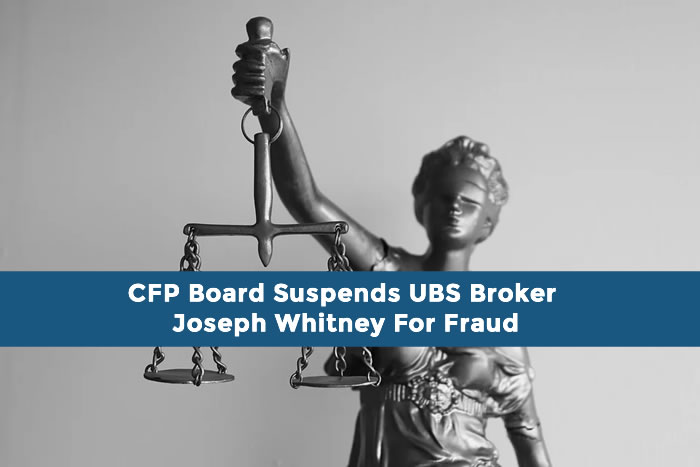Within the legal and financial world, allegations are cause for both curiosity and concern, holding significant implications for investors. Take, for example, the recent issue of a company allegedly abusing the exemption from registration law under the federal securities. As an expert in finance and law, I want to unpack this for you in straightforward terms.
Unpacking the Allegations
This revolves around breaches to what is referred to as a “private placement” or an “unregistered offering”. Under federal securities laws, it is an offense for any corporation to offer or sell its securities without registering the offer with the Securities and Exchange Commission (SEC) or without an exemption from registration. This exemption from registration allows a company to avoid the time and expense of registration with the SEC.
This company allegedly overstepped legal boundaries by leaning on exemptions under Regulation D, Regulation A, and Regulation CF of the Securities Act of 1933. It’s important to recognize that these exemptions serve a purpose; they help companies raise capital. However, they must be used within legal boundaries.
Financial Advisor and Broker Dealer History
The specific financial advisor involved in this case has a history of similar complaints. The broker dealer also had a seemingly clean slate until this incident raised red flags. It’s a stark reminder that investors must remain vigilant when selecting their financial advisors, and that even seemingly sterling advisors may have skeletons in their closet.
 (AD) Lost money because of bad financial advice or outright fraud? You may get it back by filing a complaint. Haselkorn & Thibaut has 50+ years of experience and a 98% success rate. Don’t delay if you’ve suffered losses. (AD) Lost money because of bad financial advice or outright fraud? You may get it back by filing a complaint. Haselkorn & Thibaut has 50+ years of experience and a 98% success rate. Don’t delay if you’ve suffered losses. Call Haselkorn & Thibaut at 1-888-784-3315 for a free consultation, or visit InvestmentFraudLawyers.com to schedule. No Recovery, No Fee. |
The FINRA CRM serves as a helpful tool for keeping tabs on the historical records of financial advisors and broker dealers. It can shed light on previous complaints for potential clients to make more informed decisions.
Digesting the Financial Industry Regulatory Authority (FINRA) Rule
For easier understanding, let’s break down the relevant FINRA rule. Essentially, it asserts that a corporation cannot offer to sell, or actually sell, its securities without registering the offer with the SEC or adhering to an exemption from registration. It’s a safeguard to prevent fraudulent organizations from unlawfully benefiting at the expense of unsuspecting investors.
Lessons Learned and Consequences
We can learn a few valuable lessons from this incident. First, as financial advisors and broker dealers must adhere to regulations, so must corporations responsibly navigate exemptions. Integrity is paramount in the financial world – violating these rules not only results in legal consequences but also potentially disastrous reputational damage.
The comedian and commentator, Will Rogers, once said, “The quickest way to double your money is to fold it over and put it back in your pocket.” It’s a humorous quip, serving as a subtle reminder to tread carefully in the financial realm, particularly when dealing with significant sums of money. Our particular case serves as a reminder that shortcuts seldom work out in the long run.
Moving ahead, it’s essential to remember this concerning statistic: according to the Investor Protection Trust, nearly one in five Americans over 65 have been victimized by a financial fraud.
As investors, we must always stay informed and vigilant. Approach financial advisors and investment opportunities with a healthy degree of skepticism and due diligence, ensuring they operate within the boundaries of both financial and legal regulations. This will not only protect your financial health but also safeguard the wider integrity of the financial investment industry.





